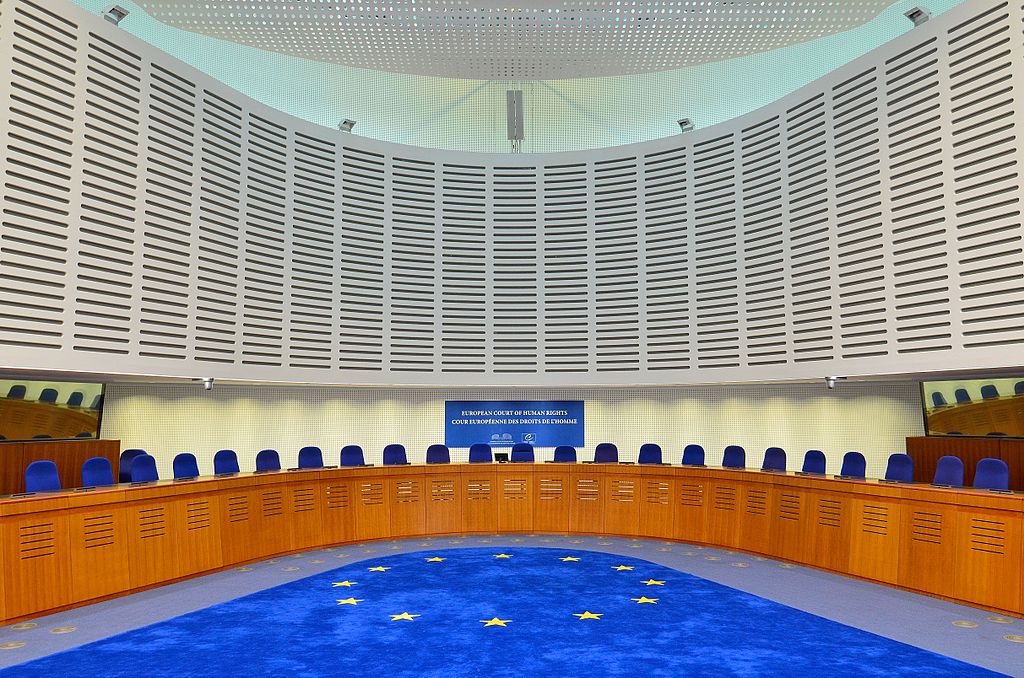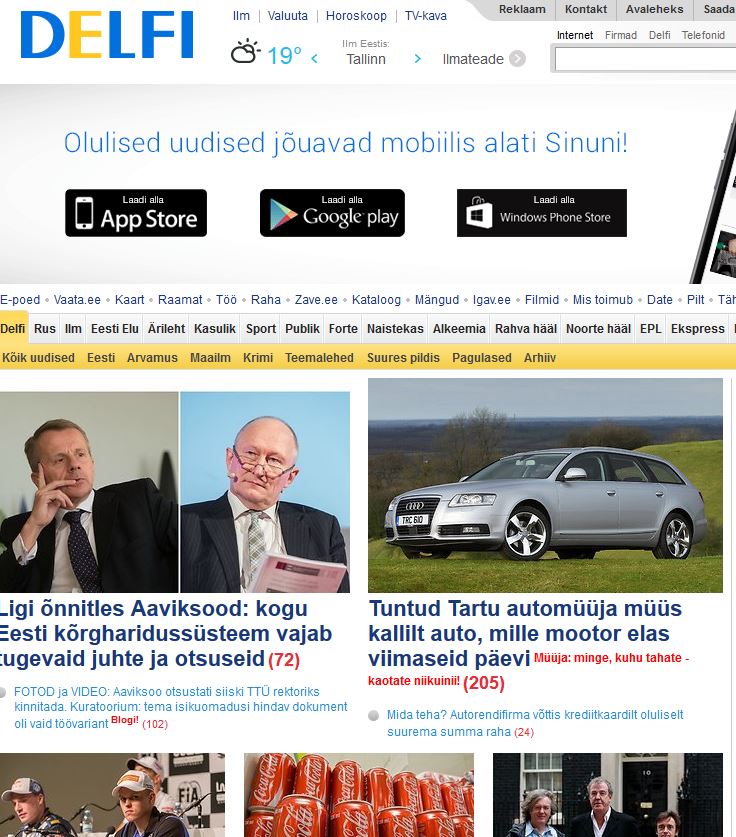Wie weit reicht die Meinungsfreiheit von Internet Service Providern? Ein Beitrag von Karoline Schmidt* Am 02.02.2016 hat der EGMR im Individualbeschwerdeverfahren Nr. 22947/13 „Magyar Tartalomszolgáltatók
Weiterlesen

Wie weit reicht die Meinungsfreiheit von Internet Service Providern? Ein Beitrag von Karoline Schmidt* Am 02.02.2016 hat der EGMR im Individualbeschwerdeverfahren Nr. 22947/13 „Magyar Tartalomszolgáltatók
Weiterlesen
The difficulties of information management for intermediaries By Oskar Josef Gstrein[1] A. Introduction “The medium is the message”.[2] This phrase coined by the Canadian philosopher
Weiterlesen